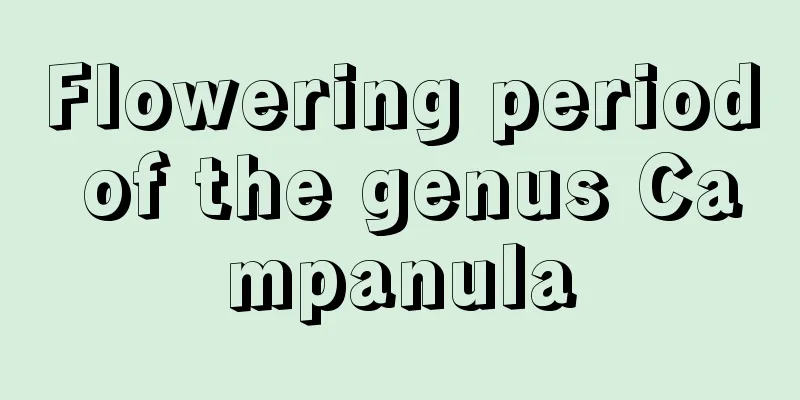How to grow cherry crystal well

1. Maintenance methods1. Substrate selection: It likes a dry environment and is afraid of waterlogging, so it is best to choose a potting soil with good drainage and air permeability, loose and fertile soil with a certain particle size. Granular soil and a small amount of peat can be used for soil mixing. 2. Light management: It prefers light, so try to give it sufficient light during its growth period, and provide appropriate shade during the hot summer. If it is kept in an environment with insufficient light for a long time, its leaves will change color and become thinner, affecting the beauty of the plant. 3. Water management: It is drought-resistant, but very afraid of waterlogging. Attention should be paid to drainage and water accumulation should be avoided. It is in its peak growth period in spring and autumn, so you can water it according to the principle of "watering when dry and watering when wet". In the dry season, you can spray water on the plant and its surroundings to maintain a high environmental humidity, making its leaves fuller and thicker. Watering should be reduced in winter to keep the soil in the pot dry and prevent the plants from frostbite. 4. Nutrient management: It has relatively low nutrient requirements. During its growth period, apply a thin layer of fertilizer once a month. Note that the fertilizer concentration should not be too high, and do not apply too much to avoid fertilizer damage and root rot of the plant. 2. Breeding techniques1. Reproduction method: It can be propagated by three methods: division, leaf cutting or sowing, among which division is the main method. Division method: Use sterilized tools to carefully dig out the young plants next to the mother plant during the growing season. The rooted seedlings can be planted directly, while the rootless seedlings need to be dried for one to two days before being planted separately. 2. Repotting method: Its repotting can be combined with division. Its root system is relatively strong, so it is best to use a deeper ceramic flower pot when repotting. 3. Problem diagnosis and treatment1. Wilted leaves: It is a sun-loving plant, but in the summer when the temperature is high, it is still necessary to pay attention to proper shade. It should not be exposed to strong sunlight, which can easily cause the leaves to wilt or even burn. 2. Root rot: It is very easy to suffer from root rot. Daily management should pay attention to timely drainage and keep the environment well ventilated. Water accumulation in the pot or excessive fertilization may cause root rot of the plant. IV. Other issues1. Placement: Its leaves are crystal clear, as if carved from jade. They are fresh and elegant, with high ornamental value. Potted plants can be placed on tables or windowsills. 2. Flower language: Its flower language is "shining like crystal". |
<<: How to cultivate Acorus calamus
Recommend
Magnolia grafting time and method
1. Grafting time The best time to graft magnolia ...
How often should the peacock ball be watered?
1. How often? 1. Spring and Autumn: The climate i...
The difference between Codonopsis and Angelica
1. Leaf Difference The leaves of Codonopsis pilos...
How to grow South American daffodils
How to grow South American daffodils Lighting con...
Tips for wintering Haworthia striata
Winter Lighting for Haworthia striata In fact, th...
Where can African jasmine be placed?
The role of African jasmine African jasmine can c...
Ginger lotus cultivation methods and precautions
Ginger lotus itself is a relatively easy-to-grow ...
Where to grow fennel
Where fennel is grown Fennel generally grows in a...
What fertilizer is best for chives (what fertilizer is effective when chives are not flourishing)
What fertilizer should be used for chives to grow...
What are the advantages and disadvantages of watering flowers with beer? Using beer water to water flowers to promote growth
Benefits of watering flowers with beer Beer conta...
What is the reason why the leaves of Osmanthus fragrans turn yellow and fall off?
It is a common phenomenon that the leaves of Osma...
What plants can be placed on the balcony to ward off evil spirits?
What plants can be placed on the balcony to make ...
How to prune hanging geraniums, how to top them, and when to prune them
1. How to trim Hanging geraniums should be pruned...
Does cloud bamboo prefer shade or sun?
Does cloud bamboo prefer shade or sun? Cloud bamb...
What is the best rootstock for grafting roses (there are several options for tree rose rootstocks)
What rootstock is used for grafting tree roses? I...









